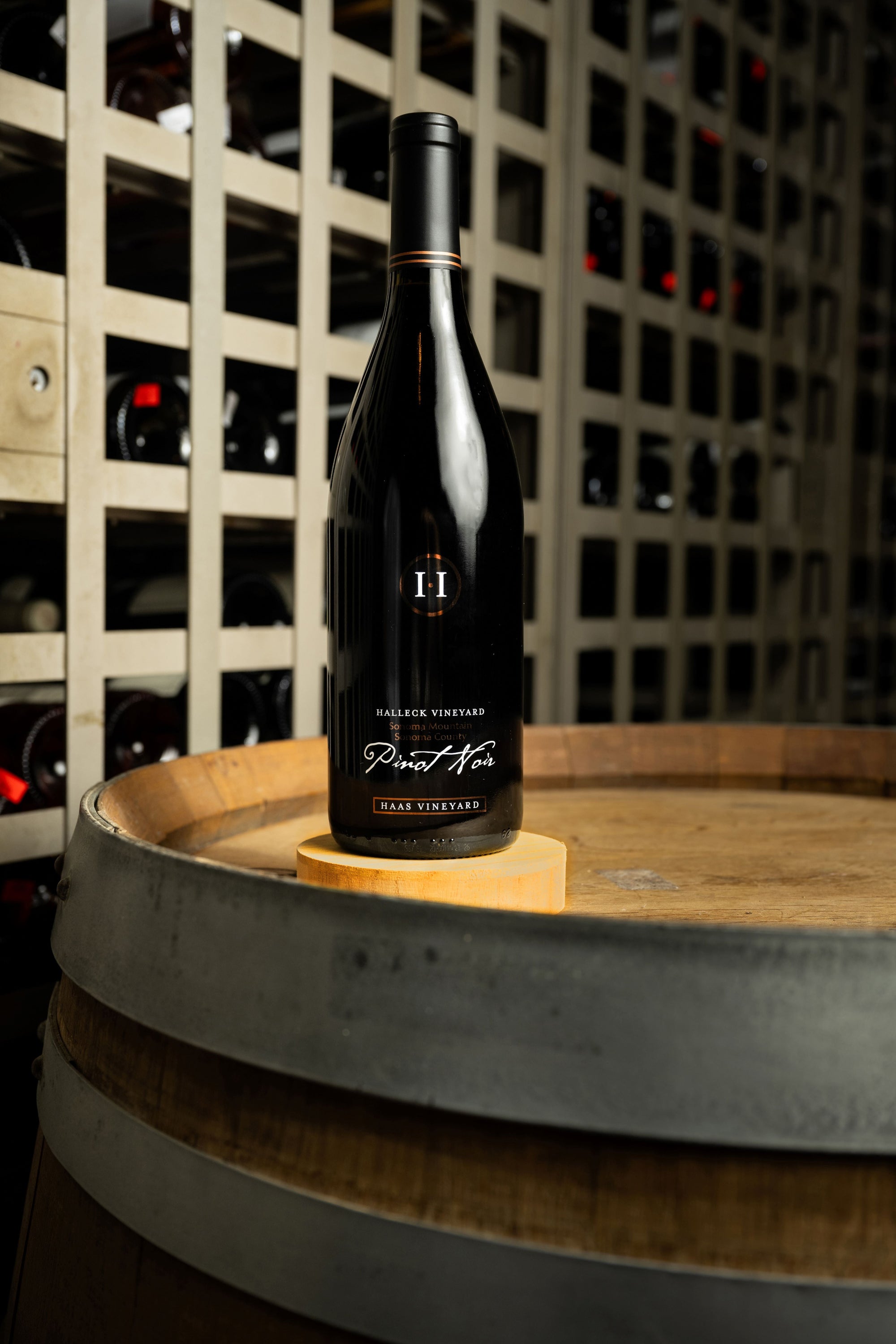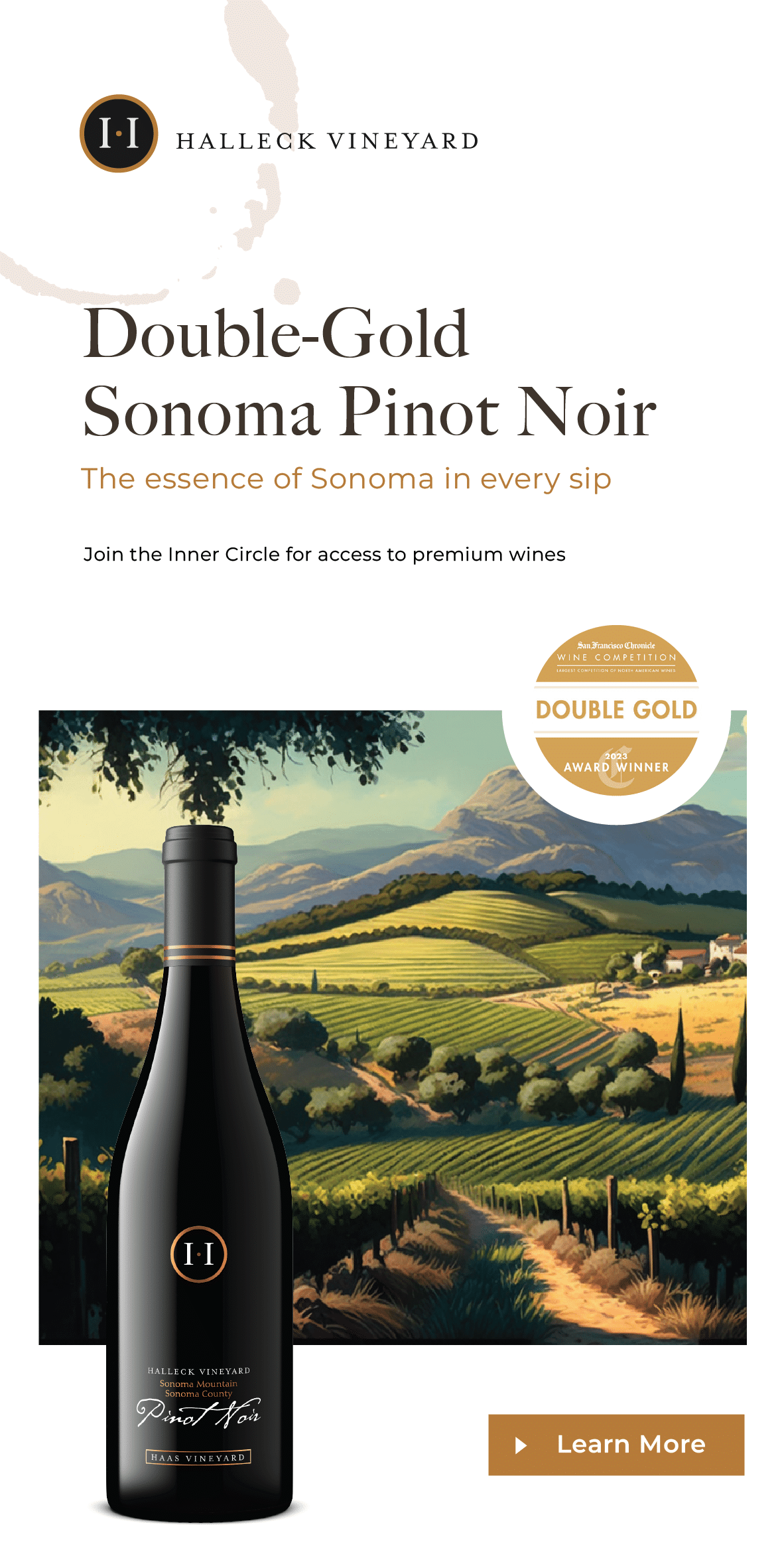Wineries That Welcome Walk Ins - The Beauty Of Sebastopol Wineries
Wineries That Welcome Walk Ins - The Beauty Of Sebastopol Wineries
Blog Article
Wineries With A Focus On Syrah - Sonoma Wine Tasting Adventures
Wine tasting is often regarded as an art form, one which goes beyond merely enjoying a beverage. It embraces a complex interaction of flavors, aromas, and textures that requires dedicated practice to really master. Many who enterprise into the world of wine tasting rapidly realize that it entails rather more than simply sipping wine. Enhancing sensory skills through devoted winery wine tasting can elevate the experience, reworking a casual drinking occasion into a sophisticated exploration of the senses.
At a fundamental level, wine tasting engages the senses of sight, odor, style, contact, and even sound. Every component plays an important function in appreciating the nuances of a wine. When one first pours a glass of wine, the wealthy hues can present initial insights into its age and varietal. Observing the color and readability helps form expectations in regards to the wine's flavor profile. Many don’t absolutely recognize how this visual assessment can set the stage for what is to comply with.
The subsequent step is to engage the sense of smell. Swirling the glass aerates the wine, allowing its risky compounds to flee and fill the air with its bouquet. The nostril entails some fascinating layers—different aromas can sign varied aspects of the winemaking process, including the type of grapes used, fermentation methods, and growing older situations. Growing a eager sense of scent can be a game-changer in wine tasting.
Wineries Offering Educational Wine Seminars - Sonoma Wine Tasting Adventures
To enhance this sensory skill, wine enthusiasts are sometimes encouraged to take part in devoted tastings at wineries. These tastings allow people to focus solely on the sensory experience (Wineries Near Sonoma Square). Tasting periods led by knowledgeable sommeliers or winemakers can supply insights into figuring out distinct aromas. Learning to distinguish between floral, fruity, earthy, and spicy notes can empower a taster to articulate their experience with greater precision.
As one practices their sensory skills, they may uncover that their style preferences evolve. This transformation often happens after multiple tastings. A wine that initially appeared overwhelming might reveal hidden layers of complexity with a little bit of experience. Understanding tips on how to isolate individual flavors corresponding to acidity, sweetness, bitterness, and umami contributes substantially to the overall wine experience.
One Other essential factor in bettering sensory skills is the context in which wine is tasted. Environmental elements like temperature, lighting, and even the corporate current can influence perceptions. At a winery, an optimum setting can cut back distractions and enable a extra profound exploration of the wine (Spectacular Vineyard Views In Sonoma). Working Towards mindful tasting techniques encourages a extra immersive experience, allowing tasters to hone in on their senses.
It isn't solely about individual perception, although. Engaging with others throughout a tasting can even enhance sensory skills. Sharing notes and discussing impressions fosters a deeper understanding of the wine. This collaborative method encourages participants to articulate their sensory experiences, thereby broadening their linguistic repertoire related to wine tasting.
Wineries With Estate-Grown Grapes - Tasting Rooms In Sebastopol
Moreover, pairing wine with food can significantly enhance the tasting experience. Completely Different mixtures can bring out distinctive flavors in both the wine and the dish. As one tastes a wine alongside particular meals, they can start to recognize how sure parts within the wine complement or distinction with what they are eating. This skill of pairing is one other layer that enriches sensory development.
Coaching one’s palate can involve a wide range of exercises. Some enthusiasts interact in systematic tasting experiences, sampling a spread of wines that showcase different varietals, areas, or vintages. Exploring this diversity can sharpen the power to discern nuances across different wine profiles. Over time, this practice builds a psychological library of flavors that can be accessed throughout future tastings.
Notably, written notes serve a twin purpose: organizing one’s thoughts and reinforcing memory. By writing down observations about each wine, tasters can monitor their progress over time. Detailing the characteristics of wines assists in solidifying data, ultimately deepening one’s appreciation of what they consume.
Furthermore, attending workshops or classes centered on sensory evaluation can also be beneficial. Many wineries offer these educational programs to help people refine their skills. Often, skilled instructors guide individuals via structured tastings, focusing on particular elements of the wine. This level of training reinforces the sensory skills asynchronously and challenges tasters to contemplate their experiences from totally different angles.
Romantic Winery Destinations In Sebastopol - A Visit To Sebastopol Wineries

Over time, the dedication to enhancing sensory skills by way of devoted winery wine tasting can yield significant rewards. The enjoyment derived from wine turns into layered and multifaceted. No longer limited to a easy choice for "pink" or "white," tasters begin to appreciate the tales behind each pour. They domesticate a palette able to navigating the complicated landscape of flavors with confidence.
In conclusion, the journey of enhancing sensory skills through dedicated winery wine tasting is as rewarding as it's gratifying. It requires focus, dedication, and a willingness to learn, however the outcomes far exceed the preliminary effort. By partaking a number of senses and collaborating in thoughtful discussions, individuals not only turn into more proficient at identifying flavors but in addition develop a deeper appreciation for the craftsmanship behind every bottle. The course of transforms wine from a mere beverage into a rich tapestry of sensory exploration that beckons enthusiasts to delve deeper. As skills enhance, so too does the enjoyment, enriching life experiences one sip at a time.
Wineries With A Focus On Syrah - Enjoying Wine In Sebastopol
- Partaking the palate via various wine varieties enhances the flexibility to distinguish flavors and aromas, refining overall sensory perception.
- Participating in guided tastings promotes targeted attention on delicate traits of every wine, nurturing important tasting skills.
- Studying to establish particular grape varieties fosters a deeper understanding of terroir, which aids in recognizing regional flavor profiles.
- Incorporating food pairings during tastings can heighten sensory awareness, as different tastes can influence each other and alter perceptions.
- Practicing the art of swirling and nosing wines allows individuals to attach olfactory cues with style, enhancing the power to articulate sensory experiences.
- Attending workshops that emphasize blind tastings trains individuals to rely purely on their senses quite than preconceived notions, enhancing objectivity.
- Elevating sensory skills can result in better wine selection abilities, empowering individuals to make knowledgeable decisions based mostly on personal preferences.
- Participating with educated sommeliers provides insights into wine-making processes, which deepens sensory appreciation and enhances vocabulary for describing wines.
- Regular participation in tastings encourages memory development of flavors and aromas, aiding in the formation of a personalized sensory profile over time.
- Sharing tasting experiences with friends fosters dialogue, selling communal studying that can enhance individual sensory skills by way of collaboration.undefinedWhat is the aim of enhancing sensory skills via wine tasting?
Bettering sensory skills via wine tasting allows people to enhance their capacity to determine and appreciate the varied aromas, flavors, and textures of wine. This heightened sensory awareness can lead to a visit this site right here deeper understanding of wine and an overall enriched tasting experience.
Wine Tasting Experiences With Local Cheese - Sebastopol Area Wine Tasting
How can I develop my sensory skills at a winery?
You can develop your sensory skills at a winery by collaborating in guided tasting sessions that target particular varietals. Engage with knowledgeable staff who can present insights and encourage you to take notes in your impressions, enhancing both your observational and descriptive abilities.
What ought to I count on throughout a dedicated wine tasting experience?
Wine Tasting Events In Sonoma County - Top Sonoma Wine Tasting Destinations
Throughout a devoted wine tasting experience, count on to pattern a number of wines whereas receiving focused training about each. You May be taught in regards to the winemaking course of, tasting techniques, and how to discern completely different sensory traits, all in a relaxed setting.

Is prior knowledge of wine needed to learn from a sensory skills workshop?
- Wineries Promoting Wine Club Memberships
No prior knowledge of wine is important; the workshops are designed for all ranges of experience. Beginners will find priceless information to build from, while seasoned tasters can refine their skills and broaden their palate even further.
How do sensory skills impact my general wine appreciation?
Wineries With Scenic Views - Iconic Wineries Of Sebastopol
Bettering sensory skills significantly enhances your total wine appreciation by allowing you to establish subtleties and complexities in wines. This deeper understanding enriches your tasting experience and helps you make informed selections based mostly on personal preferences.
Are there specific techniques I ought to use while tasting wine to enhance my sensory skills?
Wineries In Green Valley - Wineries To Visit
Yes, employing techniques such as the "SWOT" methodology (Sight, Swirl, Scent, Sip, Savor) could be useful. Pay attention to the wine's appearance, aromatics, and mouthfeel, and take your time with every sip to totally explore the flavors and sensations.
What type of wines are usually included in sensory skills tastings?
Sometimes, sensory skills tastings include quite lots of wines that showcase completely different regions, varietals, and styles. This range helps individuals identify distinct traits and enhances their ability to distinguish between wines.
Can sensory skills workshops be personalized to my tasting interests?
Scenic Vineyard Tours In Sebastopol - Exploring The Vineyards In Sonoma County
Many wineries provide personalized choices for sensory skills workshops, permitting you to give consideration to specific types of wines or themes that interest you, corresponding to organic wines or distinctive regional choices. It's best to inquire directly with the winery for tailor-made experiences.
Is there a method to practice sensory skills after click leaving the winery?
Yes, you can practice your sensory skills at home by tasting completely different wines and preserving a tasting journal. Experimenting with numerous food pairings and aromatics can further enhance your understanding of how flavors work together, reinforcing the talents gained at the winery. Report this page